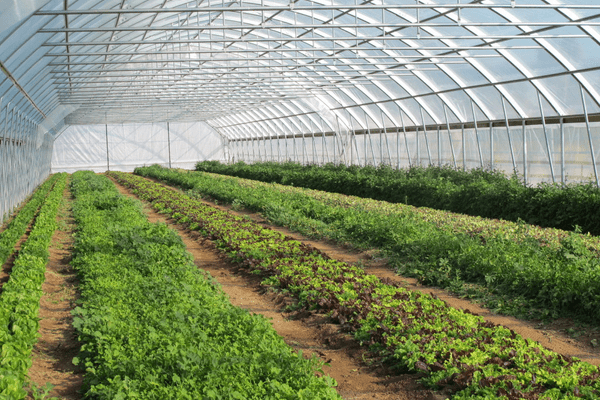The National Agricultural Land Development Authority (NALDA) has intensified its efforts in food security initiatives across various states, particularly in Ebonyi and Osun. Recently, the agency ramped up support for farmers in these regions by distributing agricultural inputs and collaborating directly with local farmers. This renewed momentum underscores NALDA’s commitment to strengthening local agricultural capacity and supporting smallholder farmers.
Strengthening Local Agricultural Capacity
Engr. Cornelius Adebayo, the CEO of NALDA, has emphasized the agency’s strategic role in enhancing food production. By providing essential resources, NALDA aims to empower farmers and boost harvests significantly. In Ebonyi and Osun, the agency has implemented programs that deliver fertilizers, seeds, and farming tools directly to rural communities. These efforts not only improve agricultural output but also enhance food security in these regions.
The distribution of agricultural inputs is just one aspect of NALDA’s approach. The agency has also focused on training local farmers in modern farming techniques. Through workshops and hands-on training sessions, farmers learn about sustainable practices, pest management, and efficient irrigation methods. This knowledge equips them to maximize their yields and adapt to changing climatic conditions.
Moreover, NALDA’s initiatives are designed to foster community engagement. By working closely with local farmers, the agency builds trust and ensures that the programs meet the specific needs of each community. This collaborative approach has resulted in higher participation rates and a more significant impact on local agricultural productivity.
Impact on Food Security
The focus on food security initiatives is critical, especially in a country where agricultural challenges persist. Many farmers face issues such as inadequate access to resources and fluctuating market prices. By addressing these challenges, NALDA aims to create a more resilient agricultural sector.
In addition to providing inputs and training, NALDA is working on improving the marketing of agricultural products. By connecting farmers to markets, the agency helps ensure that they receive fair prices for their crops. This approach not only increases farmers’ incomes but also encourages them to invest more in their agricultural practices.
Furthermore, NALDA’s efforts align with national goals for food security and economic growth. By enhancing agricultural productivity, the agency contributes to overall national development. Increased food production can lead to reduced reliance on imported goods, fostering economic independence.
Conclusion – NALDA Boosts Food Security Initiatives
In conclusion, NALDA’s renewed focus on food security initiatives in Ebonyi and Osun demonstrates its commitment to supporting local farmers and enhancing agricultural capacity. Under the leadership of Engr. Cornelius Adebayo, the agency is making significant strides in empowering communities and improving food production. As these initiatives continue to unfold, they offer hope for a more sustainable and food-secure future in Nigeria. With ongoing support and collaboration, NALDA aims to transform the agricultural landscape and uplift the livelihoods of smallholder farmers across the nation.



